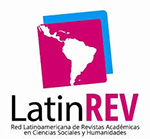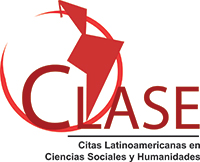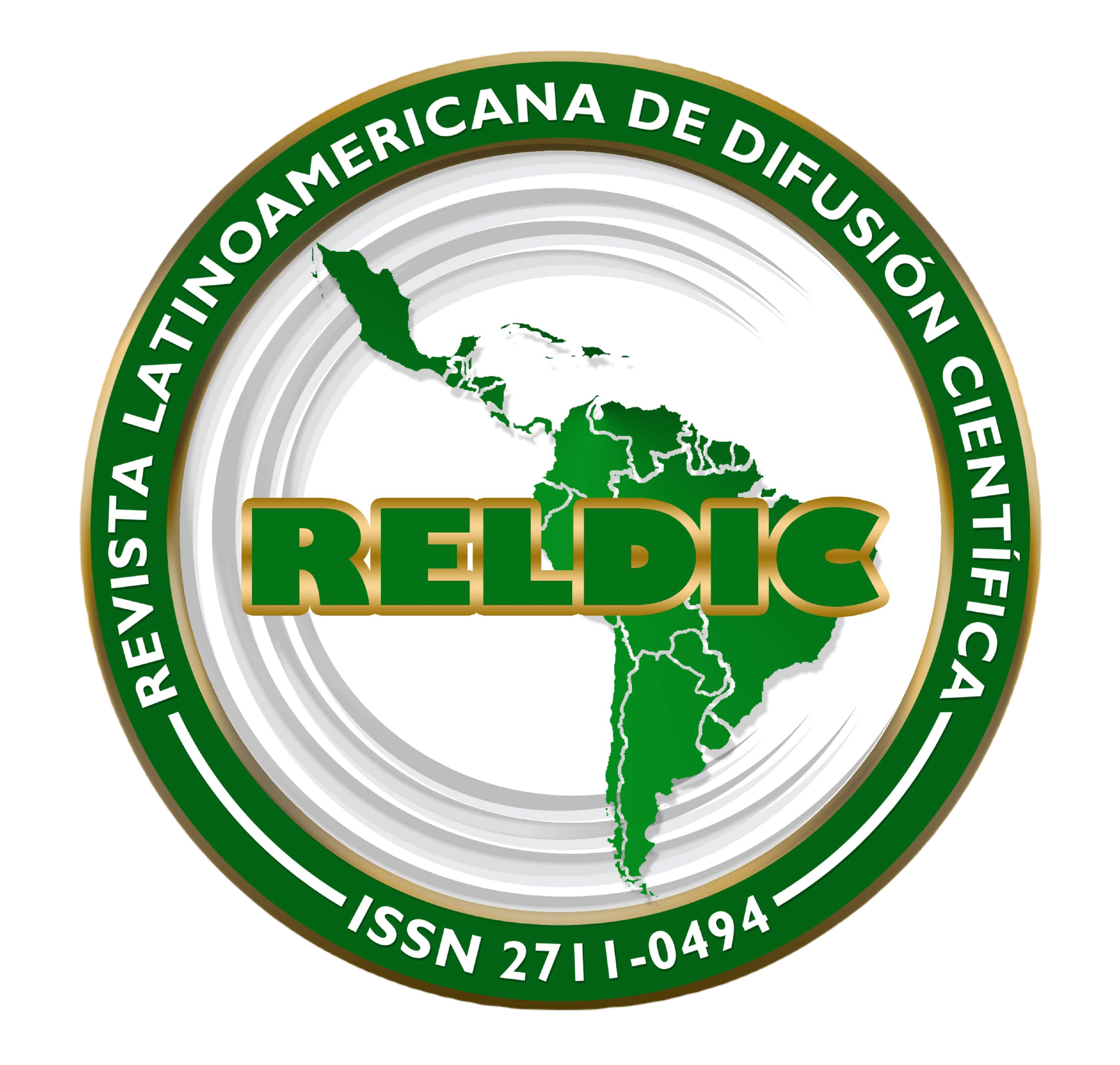Acción colectiva en contextos de fragilidad estatal (II)
Collective Action in Contexts of State Fragility (II)
DOI:
https://doi.org/10.5281/zenodo.15809674Palabras clave:
fragilidad estatal, acción colectiva, confianza, capital social, cohesión socialResumen
En el siguiente trabajo se analiza la acción colectiva en contextos de fragilidad estatal, caracterizados por la debilidad institucional y la erosión de la cohesión social, lo que dificulta la cooperación y genera dinámicas de fragmentación social. Se argumenta que, en estos escenarios, la confianza interpersonal y el capital social dejan de ser consecuencias de la acción colectiva protegida por el Estado y pasan a ser condiciones necesarias para su surgimiento. El artículo examina distintas conceptualizaciones de la confianza, desde enfoques racionales (Hardin) hasta perspectivas estructurales y culturales (Luhmann, Fukuyama), destacando su papel central en la formación del capital social. Asimismo, se exploran las relaciones entre capital económico, capital social y poder (Bourdieu), mostrando cómo la pérdida de capital económico reduce la capacidad de acumular capital social y, por ende, de ejercer poder en contextos de debilidad estatal. Finalmente, se presenta un modelo en el que la acumulación de confianza, dependiente de la cantidad y calidad de las interacciones sociales es clave para sostener el capital social ante la fragilidad institucional, distinguiendo distintos tipos y ámbitos de confianza relevantes para la cooperación social.
Citas
Axelrod, R. (1984). The evolution of cooperation. Basic Books.
Axelrod, R., & Hamilton, W. D. (1981). The evolution of cooperation. Science, 211(4489), 1390-1396.
Baier, A. (1994). Moral prejudices: Essays on ethics. Harvard University Press.
Blau, P. M. (1964). Exchange and power in social life. Wiley.
Bourdieu, P. (1986). The forms of capital. In J. Richardson (Ed.), Handbook of theory and research for the sociology of education (pp. 241-258). Greenwood Press.
Bruni, L. (2008). Reciprocity, altruism, and the civil society: In praise of heterogeneity. Routledge.
Bruni, L., & Zamagni, S. (2007). Civil economy: Efficiency, equity, public happiness. Peter Lang.
Burchell, G., Gordon, C., & Miller, P. (1991). The Foucault effect: Studies in governmentality. University of Chicago Press.
Carron, A. V., & Brawley, L. R. (2000). Cohesion: Conceptual and measurement issues. Small Group Research, 31(1), 89-106.
Coleman, J. S. (1988). Social capital in the creation of human capital. American Journal of Sociology, 94(Supplement), S95-S120.
Comisión Económica para América Latina y el Caribe (CEPAL). (2007). Cohesión social: Inclusión y sentido de pertenencia en América Latina y el Caribe (LC/G.2335). Naciones Unidas.
Cook, K. S., & Levi, M. (1990). The limits of rationality. University of Chicago Press.
Cook, K. S., Hardin, R., & Levi, M. (2005). Cooperation without trust? Russell Sage Foundation.
Deutsch, M. (1973). The resolution of conflict: Constructive and destructive processes. Yale University Press.
Easton, D. (1965). A systems analysis of political life. University of Chicago Press.
Farrell, H. (2009). The political economy of trust: Institutions, interests, and inter-firm cooperation in Italy and Germany. Cambridge University Press. https://doi.org/10.1017/CBO9780511596933
Fukuyama, F. (1995). Trust: The social virtues and the creation of prosperity. Free Press.
Gambetta, D. (2000). Can we trust trust? In D. Gambetta (Ed.), Trust: Making and breaking cooperative relations (pp. 213-237).
Department of Sociology, University of Oxford. Retrieved from http://www.sociology.ox.ac.uk/papers/gambetta213-237.pdf
Gilley, B. (2006). The meaning and measure of state legitimacy: Results for 72 countries. European Journal of Political Research, 45, 499–525.
Hardin, R. (2002). Trust. Polity Press.
Hardin, R. (Ed.). (2004). Distrust. Russell Sage Foundation.
Hogg, M. A. (2006). Social identity theory. In P. J. Burke (Ed.), Contemporary social psychological theories (pp. 111-136). Stanford University Press.
Homans, G. C. (1958). Social behavior as exchange. American Journal of Sociology, 63(6), 597-606.
Levi, M., & Stoker, L. (2000). Political trust and trustworthiness. Annual Review of Political Science, 3, 475–507.
Lombardi Boscán, D. (2023). Acción colectiva en contextos de fragilidad estatal (I). Revista de Artes y Humanidades UNICA, 24(51), 267–283. https://doi.org/10.5281/zenodo.10062245
Luhmann, N. (1979). Trust and power: Two works by Niklas Luhmann. Wiley.
Mardones, R., & Marinovic, A. (2016). Tracing fraternity in the social sciences and Catholic social teaching. Logos: A Journal of Catholic Thought and Culture, 19(2), 53-80. https://doi.org/10.1353/log.2016.a612900
Migdal, J. (1988). Strong societies and weak states: State-society relations and state capabilities in the third world. Princeton University Press.
Migdal, J. (2004). State in society: Studying how states and societies transform and constitute one another. Cambridge University Press.
North, D. C. (1981). Structure and change in economic history. Norton.
North, D. C. (1990). Institutions, institutional change and economic performance. Cambridge University Press.
North, D. C., & Weingast, B. R. (1995). Constitutions and commitment: The evolution of institutions governing public choice in seventeenth-century England. In L. J. Alston, T. Eggertsson, & D. C. North (Eds.), Empirical studies in institutional change (pp. 134–165). Cambridge University Press.
Ostrom, E. (1990). Governing the commons: The evolution of institutions for collective action. Cambridge University Press.
Ostrom, E. (2000). Collective action and the evolution of social norms. The Journal of Economic Perspectives, 14(3), 137-158.
OECD. (2010). The state’s legitimacy in fragile situations. OECD.
Putnam, R. D. (1993). The prosperous community: Social capital and public life. The American Prospect, 13(3), 35-42.
Putnam, R. D. (1995). Bowling alone: America’s declining social capital. Journal of Democracy, 6(1), 65–78.
Pye, L. W. (1965). Introduction: Political culture and political development. In L. W. Pye & S. Verba (Eds.), Political culture and political development (pp. 3–26). Princeton University Press.
Schumpeter, J. A. (1942). Capitalism, socialism, and democracy. Harper & Row.
Sen, A. (2002). Rationality and freedom. Harvard University Press.
Tajfel, H., & Turner, J. C. (1979). An integrative theory of intergroup conflict. In W. G. Austin & S. Worchel (Eds.), The social psychology of intergroup relations (pp. 33-47). Brooks/Cole.
Tajfel, H., & Turner, J. C. (1986). The social identity theory of intergroup behavior. In S. Worchel & W. G. Austin (Eds.), Psychology of intergroup relations (pp. 7-24). Nelson-Hall.
Williamson, O. E. (1993). Calculativeness, trust, and economic organization. The Journal of Law & Economics, 36(1), 453–486.




















